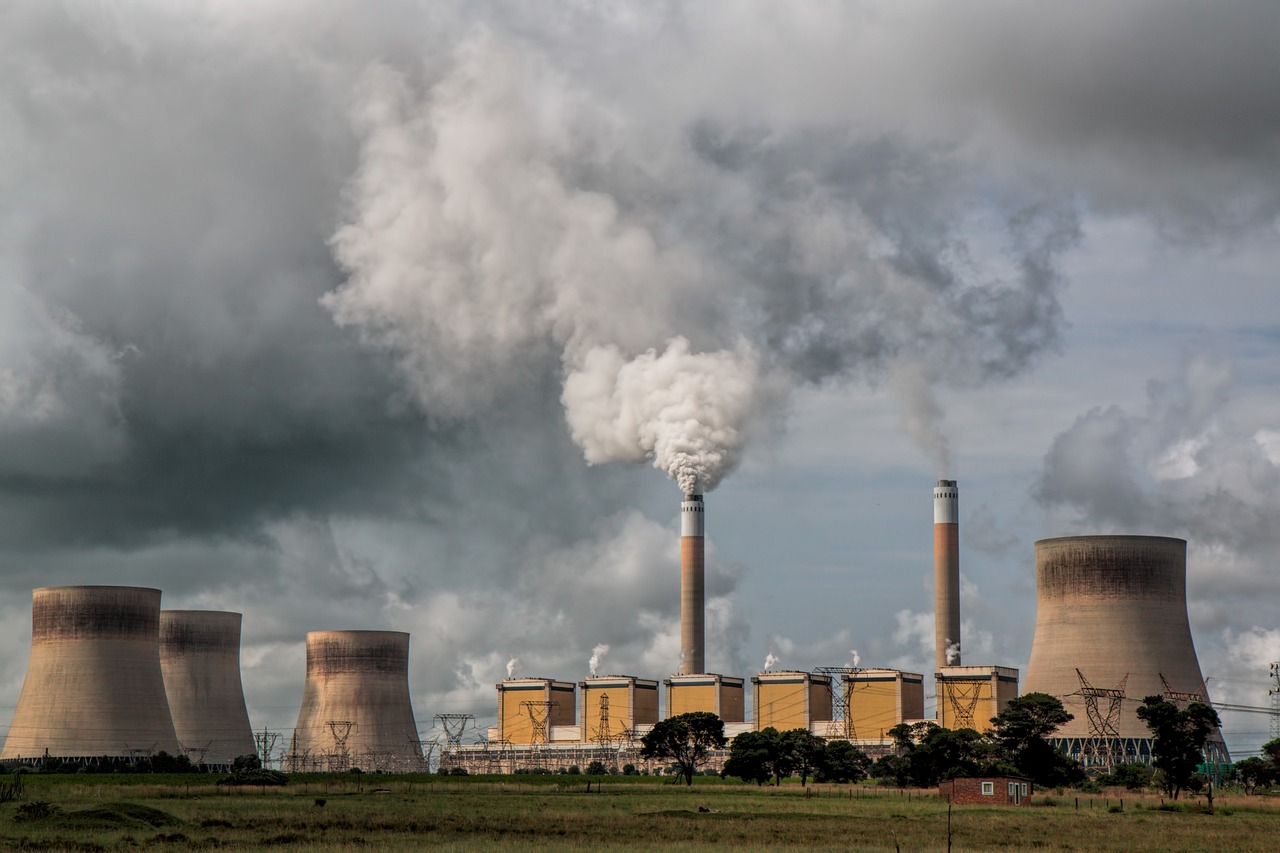Record Climate Funding Pledged at COP29
In a significant development at the UN climate summit COP29 in Azerbaijan, wealthier nations have committed to providing an unprecedented $300 billion (£238 billion) to assist developing countries in tackling climate change. This announcement comes after protracted negotiations that nearly fell apart but ultimately resulted in a deal that aims to help these vulnerable nations transition to renewable energy sources and prepare for the impacts of climate change.
Negotiations Marked by Tension
The negotiations, which extended 33 hours beyond their scheduled conclusion, witnessed intense discussions and dramatic walkouts from representatives of developing countries. Cedric Schuster, chair of the Alliance of Small Island States, expressed the dire situation faced by many nations, stating that their islands are “sinking,” and criticized the proposed deal as inadequate.
Despite these challenges, an agreement was reached early Sunday morning, garnering cheers from some delegates. However, frustration lingered as India’s representative voiced strong concerns over the insufficiency of the deal. Leela Nandan emphasized that the financial commitment was too low to meet their urgent needs and called for more substantial action.
Several countries including Switzerland and Canada argued that the language surrounding fossil fuel reduction was too vague. As a result, decisions on more aggressive fossil fuel reduction strategies have been deferred until 2025.
This funding commitment acknowledges that poorer nations disproportionately face climate challenges despite contributing minimally to the crisis. The funds will stem from government grants as well as private sector investments.
The Broader Implications
While this landmark pledge aims to support developing nations in their fight against climate change, experts warn that achieving meaningful progress will be difficult without full participation from major economies like the United States. The election of a new U.S. president who is skeptical of climate change initiatives could hinder global efforts.
Professor Joanna Depledge from Cambridge University highlighted that developed countries are anxious about filling any financial gaps left by the U.S., which could complicate future funding efforts.
The recent summit also spotlighted geopolitical tensions affecting climate negotiations. Li Shuo from Asia Society Policy Institute noted that this complex environment led to a compromise that may not satisfy all parties involved.
As COP30 approaches, Brazil is being considered as a more suitable host due to its leadership on climate issues under President Lula. Overall, while COP29 has made strides toward supporting vulnerable nations, significant challenges remain ahead for global climate action.
This moment serves as both an opportunity and a challenge for international collaboration on climate issues—one that will require renewed commitment and innovative solutions moving forward.


